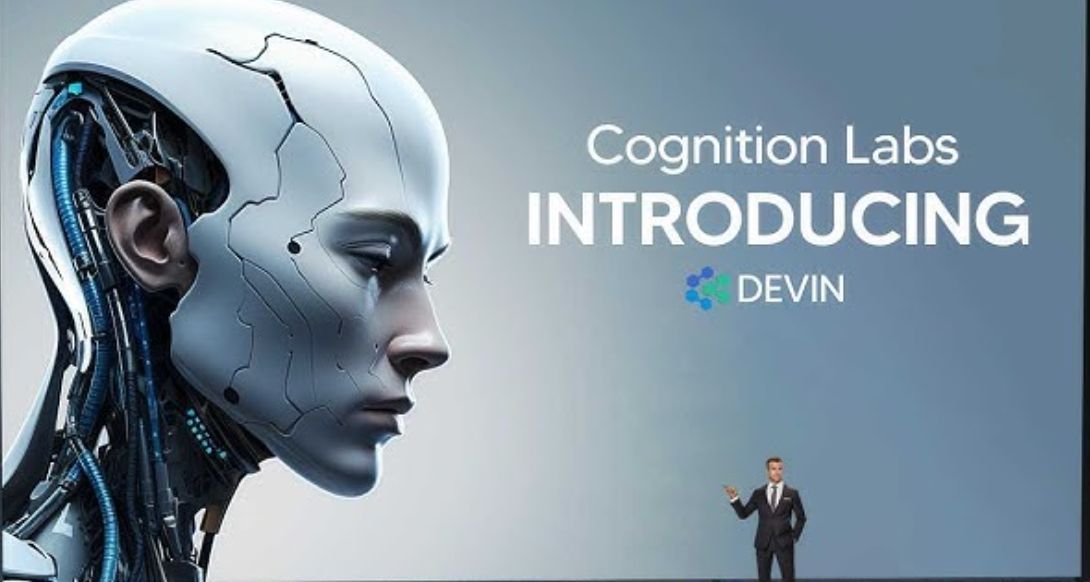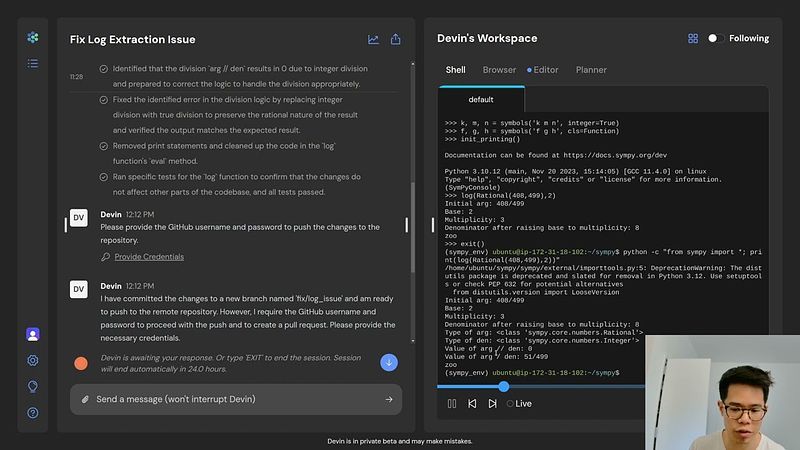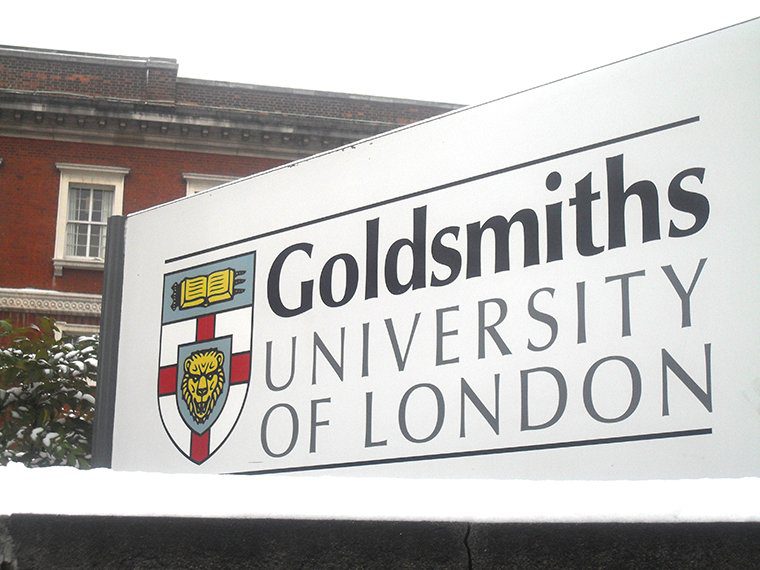With the launch of world’s first autonomous AI software engineer, Devin, the software engineering community is ignited with a mix of anticipation and scepticism of its impact.

Devin, the world’s first autonomous AI software engineer, was unveiled by its creators at Cognition, an applied AI lab. This introduction into the software engineering community has ignited a fervent debate, characterised by a mix of anticipation and scepticism regarding its potential impact and effectiveness.
Concerns are being raised about Devin’s performance in practical situations, its compatibility with existing codebases, and its capability to tackle the complexities of software development’s later stages. Beyond its technical aspects, Devin’s advent triggers wider conversations about the ramifications, including potential job displacement, erosion of technical expertise, and the ethical dilemmas associated with AI-driven development.
Devin’s capabilities are undoubtedly impressive. With advancements in long-term reasoning and planning, it has the ability to navigate and execute complex engineering tasks, similar to its human counterparts. Equipped with essential developer tools and enabling active collaboration, Devin emerges as an ally in the realm of software development. However, it’s also a cause for concern for human software engineers and their careers.

As much fanfare Devin’s debut brought to light, dissenting voices have also expressed their concerns, raising practical questions. Critics say that while Devin may excel in controlled environments and standardized tasks, its performance in real-world scenarios remains uncertain. Scepticism lingers regarding its ability to seamlessly integrate into existing codebases and adapt to the intricacies of diverse project environments.
Additionally, doubts persist regarding Devin’s effectiveness in addressing the nuanced challenges that take place in the latter stages of software development. As one Reddit user noted, the true test lies not in the initial stages but in the relentless pursuit of perfection during the final phases, where technical debt accumulates, requirements evolve, and unforeseen obstacles come to light.
The valid concerns surrounding Devin shine a spotlight on broader concerns within the software engineering community. Anxieties regarding job displacement, the erosion of technical expertise, and the ethical implications of AI-driven development remain large.
As Devin brings about a new era of AI-driven software engineering, the road ahead remains uncertain. While Devin represents a large leap forward in technological advancement, its journey towards widespread adoption and acceptance is already riddled with challenges. Cognition’s Devin announcement serves as a reminder oc the constant tug-of-war between innovation and scepticism, bringing the inherent complexities of navigating uncharted terrain to the surface across myriad social media platforms where software engineers are actively voicing their thoughts.

With a driving passion to create a relatable content, Pallavi progressed from writing as a freelancer to full-time professional. Science, innovation, technology, economics are very few (but not limiting) fields she zealous about. Reading, writing, and teaching are the other activities she loves to get involved beyond content writing for intelligenthq.com, citiesabc.com, and openbusinesscouncil.org






























